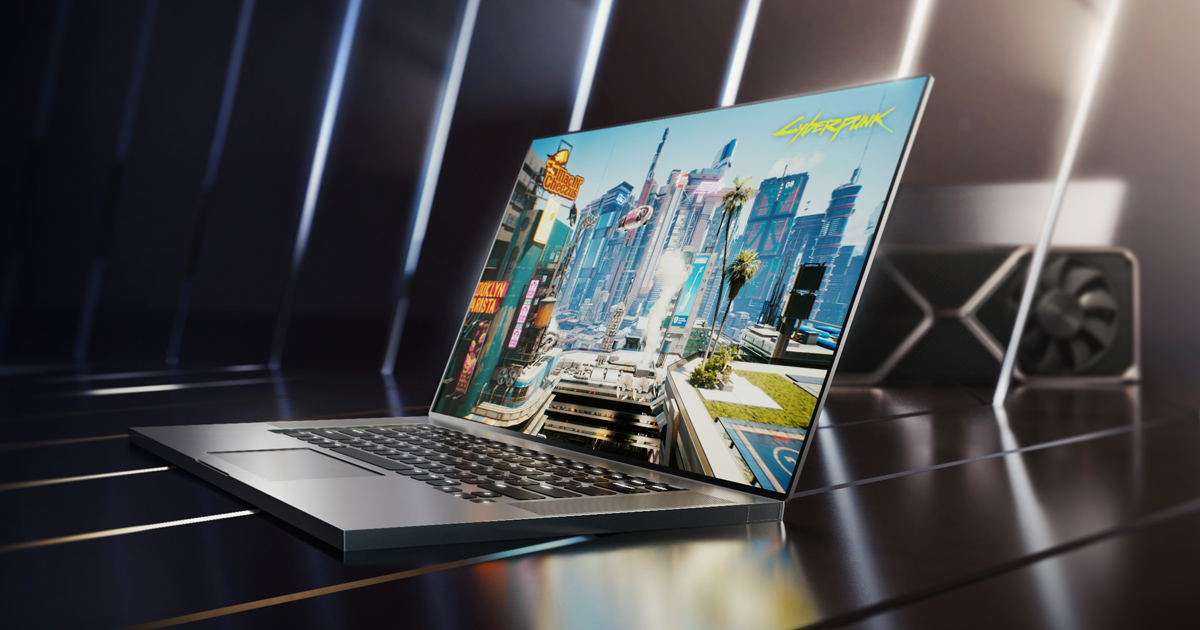It just got easier to compare Nvidia RTX 30 laptops — here's how
Nvidia now makes its partners reveal RTX 30 speeds in listings

Shopping for the best gaming laptop can be a pretty daunting process, but historically manufacturers haven’t always made it easy for consumers to compare like for like.
Two different laptops from, say, Asus and MSI, could list an RTX 3060 as the GPU but have vastly different performance in the real world, thanks to differing clock speeds and TGP (Total Graphics Power).
But now Nvidia has stepped in to make it easier for buyers to get the most bang for their buck. Previously, the company encouraged GPU specification transparency from its partners, but it is now actively enforcing it.
- Where to buy the Nvidia GeForce RTX 3080
- The best PC games of 2021
- PLUS: Cyberpunk 2077 hotfix makes mods safe — these are the best ones
“We’re requiring OEMs to update their product pages to the Max-Q technology features for each GeForce laptop, as well as clocks and power — which communicates the expected GPU performance in that system,” explained an Nvidia spokesperson, speaking to The Verge.
This is quite an important change, because GPU clock speed makes a huge difference when it comes to frame rate, and not all RTX 30s are born equal. An RTX 3070 with a 115W TGP could easily outperform a 3080 limited to 80W, but potential buyers could previously have been none the wiser.
While some would argue this development is long overdue, the timing is especially important, as Nvidia has recently amended the way it applies Max-Q labels to its mobile GPUs. Previously, the branding would indicate more power efficient and weaker units aimed at thinner and lighter laptops, but Nvidia has adjusted this, telling our sister site Tom’s Hardware that it now represents “a holistic set of platform technologies and design approach to building powerful and thin laptops.”
In other words, the Max-Q brand indicates the presence of efficiency friendly features like Whisper Mode 2, Dynamic Boost 2 and Advanced Optimus rather than necessarily suggesting light performance.
Get instant access to breaking news, the hottest reviews, great deals and helpful tips.
A spot check reveals that not all manufacturers have updated their listings at the time of writing, but both Asus and Gigabyte have begun to adopt the new instructions with updated listings on their RTX 30 models. But even if the rollout is a little slow, this is undoubtedly a positive move and should make shopping for the right gaming laptop for your budget easier in the future.
Freelance contributor Alan has been writing about tech for over a decade, covering phones, drones and everything in between. Previously Deputy Editor of tech site Alphr, his words are found all over the web and in the occasional magazine too. When not weighing up the pros and cons of the latest smartwatch, you'll probably find him tackling his ever-growing games backlog. He also handles all the Wordle coverage on Tom's Guide and has been playing the addictive NYT game for the last several years in an effort to keep his streak forever intact.

